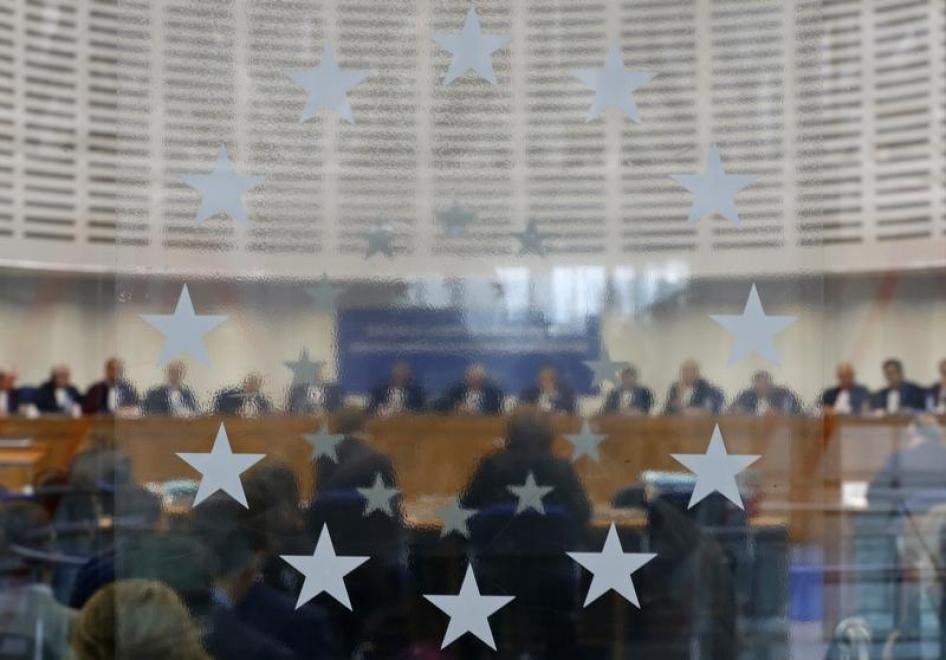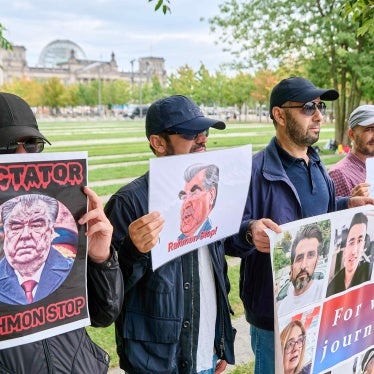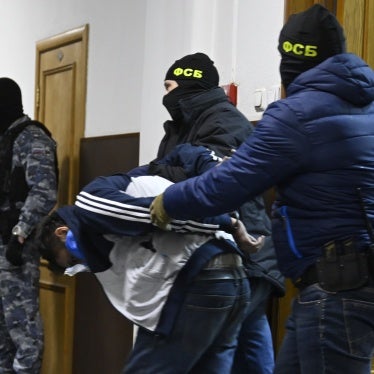How is it possible that in a western European country torture not only happens but isn’t even criminalized?
Last Friday marked the 2nd anniversary of the European Court of Human Rights (ECtHR) ruling in favour of Arnaldo Cestaro, one of the demonstrators who were brutally beaten by Italian police when they stormed the occupied Diaz-Pertini school during the 2001 G8 in Genoa. He was tortured, said the Court, and the Italian criminal system proved incapable both of preventing and of adequately punishing it.
The ECtHR asked Italy to introduce “legal mechanisms capable of imposing appropriate penalties on those responsible for acts of torture and other types of ill-treatment,” in line with the conclusions and recommendations formulated by the UN Committee against Torture, the European Committee for the Prevention of Torture, and more recently by the UN Human Rights Committee and the Committee of Ministers of the Council of Europe. But two years on from the sentence, and 28 since the ratification of the UN Convention against Torture, Italy is yet to fulfil its obligation.
Just last Thursday, the Italian government admitted its full responsibility for police brutality at the Bolzaneto detention center, again on the margins of the G8 in Genoa, and acknowledged the lack of adequate legislation, committing to “introduce criminal sanctions to punish ill-treatment and acts of torture.”
A draft law – so heavily amended that its text would no longer be in line with the international standards, according to its original proponents – has been languishing in the Senate since last summer. Many fear it will be just another fiasco in a long list of failures, strengthening the impression that the current legislature, just like its predecessors, has decided not to act.
The state’s inertia comes at a very high price: it undermines the Italian authorities’ international credibility right at a moment when cooperation with their Egyptian counterparts would be crucial in the ongoing efforts to seek truth and justice for Giulio Regeni, the Italian researcher tortured to death in Cairo more than one year ago. It also tarnishes the memory of Stefano Cucchi, Federico Aldrovandi, Giuseppe Uva, Carlo Saturno, and of all those who died while in State custody, by and large with impunity; and it increases the sense of injustice felt by their families as well as by those who suffered torture and decided to fight for it to never happen again.
“Money won’t compensate for the evil that was done. Today’s [ruling] was a first step, but I will only feel truly compensated when the State introduces the crime of torture,” said Cestaro. The ECtHR ruled in his favour, but only Italy can grant him justice, by acting to fulfil its long overdue obligation. How much longer must he wait?









